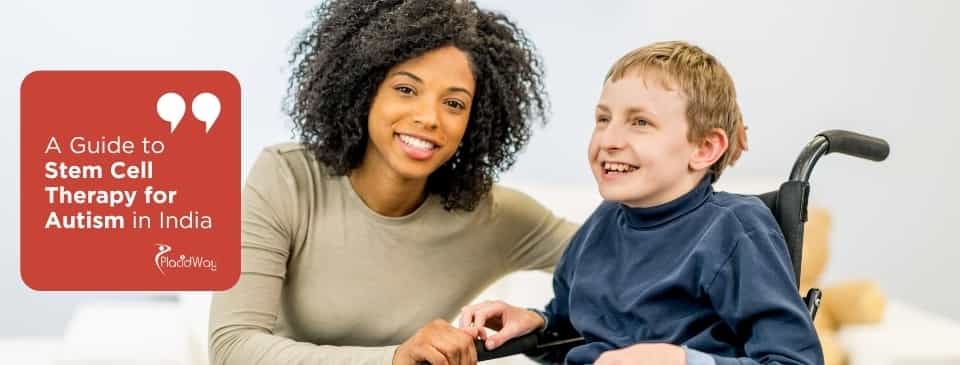
Due to lower healthcare operational costs, India has become a leading destination for this advanced treatment, providing multi-session protocols utilizing Mesenchymal Stem Cells (MSCs), often sourced from the patient's own body or umbilical cord tissue, at a fraction of the price found in Western nations.
Key Takeaways
-
Stem cell therapy for autism in India is an advanced, experimental treatment aimed at managing core symptoms by reducing inflammation, improving brain connectivity, and regulating the immune system.
-
Families traveling to India for this therapy can save 60-80% compared to the costs of similar protocols in North America or Europe, making it a financially accessible option for many.
-
The procedure is minimally invasive, utilizing mesenchymal stem cells (MSCs) typically sourced from a patient's own bone marrow or adipose tissue, or from donated umbilical cord tissue.
-
Stem Cell Therapy for Autism Costs (Multi-Session Protocol):
-
India: Packages often range from $8,000 to $15,000.
-
Mexico: Costs are generally between $12,000 and $20,000.
-
United States: As it's largely in clinical trial phases, out-of-pocket costs can exceed $25,000 to $50,000.
-
Understanding Autism Spectrum Disorder (ASD)
Autism Spectrum Disorder (ASD) is a complex developmental condition that involves persistent challenges in social interaction, speech and nonverbal communication, and restricted/repetitive behaviors. The effects of ASD and the severity of symptoms are different in each person, which is why it is called a "spectrum" disorder.
ASD affects how an individual perceives and socializes with others, causing problems in social interaction and communication. The disorder also includes limited and repetitive patterns of behavior. While there is no known "cure" for ASD, intensive, early treatment can make a big difference in the lives of many children.
Common characteristics of ASD include:
-
Difficulty with social communication and interaction.
-
Restricted interests and repetitive behaviors.
-
Sensory sensitivities (over- or under-sensitivity to sounds, touch, tastes, smells, light).
-
Challenges with executive functioning (e.g., planning, organizing).
.jpg)
The Role of Stem Cell Therapy in Autism
Stem cell therapy for autism focuses on harnessing the unique properties of stem cells to address the underlying neurological inflammation and immune dysregulation believed to contribute to ASD symptoms. The goal isn't to cure autism, but to improve core symptoms and enhance the effectiveness of traditional therapies.
Research suggests that many individuals with ASD have significant inflammation in the brain and a dysregulated immune system. Mesenchymal stem cells (MSCs) are particularly promising because of their powerful abilities:
-
Paracrine Signaling: Stem cells release growth factors and proteins that help repair damaged neurons and improve the function of existing brain cells.
-
Anti-Inflammatory Action: They are known to significantly reduce inflammation. By calming neuroinflammation, they can create a better environment for neural networks to form and function.
-
Immune Modulation: MSCs help regulate the body's immune response, which can be overactive in some individuals with ASD.
-
Improved Blood Perfusion: Studies have shown they can improve blood flow to key areas of the brain, enhancing oxygen and nutrient delivery, which may lead to improved cognitive function and speech.
Expert Insight: "We view stem cell therapy as a biological catalyst for individuals with ASD. By addressing underlying inflammation and improving neural connectivity, we often see a 'window of opportunity' open up. Children may become more receptive to their conventional behavioral and speech therapies, leading to accelerated progress and better long-term outcomes."
The Procedure in India: What to Expect
The stem cell therapy process in India is a highly structured, multi-day protocol performed in a specialized hospital setting. It involves harvesting stem cells, processing them in a lab, and administering them back into the patient, usually through an IV infusion and an intrathecal injection (into the spinal canal).
The patient journey at a top Indian stem cell clinic is comprehensive and patient-centered.
-
Pre-Treatment Assessment: Upon arrival, the patient undergoes a complete neurological and physical evaluation, including blood tests and sometimes brain imaging.
-
Stem Cell Harvesting: For autologous therapy, stem cells are typically collected from the patient’s own bone marrow (from the hip bone). This procedure is done under sedation or general anesthesia to ensure it is painless.
-
Laboratory Processing: The collected bone marrow is sent to a cGMP-certified laboratory where the MSCs are separated, purified, and concentrated. This process takes a few hours.
-
Administration: The concentrated stem cells are administered back to the patient. This is often a two-part process:
-
Intravenous (IV) Infusion: A portion of the cells is given through an IV drip to work systemically, reducing overall body inflammation.
-
Intrathecal Injection: The majority of the cells are injected into the cerebrospinal fluid via a lumbar puncture. This allows the cells to travel directly to the brain and central nervous system where they are needed most.
-
-
Post-Therapy Support: The treatment package includes a comprehensive rehabilitation program, including physiotherapy, occupational therapy, and psychological counseling, to maximize the benefits of the stem cells.
Did You Know? India is one of the fastest-growing medical tourism destinations in the world. The country's combination of world-class medical expertise, advanced technology, and unparalleled affordability attracts hundreds of thousands of international patients each year for a wide range of specialized treatments.
Cost of Stem Cell Therapy for Autism in India
The cost of a stem cell therapy program for autism in India is significantly more affordable than in other parts of the world, typically ranging from $8,000 to $15,000. This price often includes the entire multi-day hospital stay, the procedure, and an integrated rehabilitation program.
Here is a general cost comparison for a full treatment protocol:
Frequently Asked Questions (FAQs)
Is stem cell therapy for autism safe?
When conducted in a reputable, accredited medical facility by experienced doctors, the procedure has a strong safety profile. Using the patient's own (autologous) stem cells minimizes the risk of rejection or immune reaction. The most common side effects are temporary and related to the lumbar puncture, such as a headache or mild fever.
What improvements can be expected after the therapy?
Improvements vary for each individual but can include better eye contact, increased attention span, reduced hyperactivity, improved social skills, enhanced communication and speech, and a decrease in repetitive behaviors. The changes are typically gradual, appearing over several months.
How long do we need to stay in India?
Most comprehensive treatment protocols require a stay of approximately 2 to 3 weeks. This allows for the initial assessment, the procedure itself, and a robust, integrated rehabilitation program before returning home.
Is stem cell therapy a cure for autism?
No, it is not a cure. It is an experimental treatment designed to manage the core symptoms of ASD and improve the patient's overall quality of life. It is most effective when used as a complementary therapy alongside traditional interventions.
What is the best age for a child with autism to receive stem cell therapy?
While there is no definitive age, many specialists believe that earlier intervention can be more beneficial as the brain has greater plasticity. However, positive results have been reported in both children and adults.
Why is intrathecal injection used?
Injecting the stem cells directly into the cerebrospinal fluid (intrathecal administration) allows the cells to bypass the blood-brain barrier. This ensures a higher concentration of cells reaches the brain and central nervous system, which are the primary targets for this therapy.
Why Choose PlacidWay for Your Journey to India?
Embarking on a medical journey abroad for your child is a significant decision. PlacidWay is here to provide the support, guidance, and assurance you need. We partner with India's leading, internationally accredited hospitals and specialists in stem cell therapy for autism.
Our dedicated care team will help you navigate every step, from initial medical consultations and transparent, all-inclusive package pricing to handling travel logistics and ensuring a comfortable stay. We empower you to access this hopeful therapy with confidence and peace of mind.




-Package-in-India-by-Dr.-Pravin-Patel.jpg)
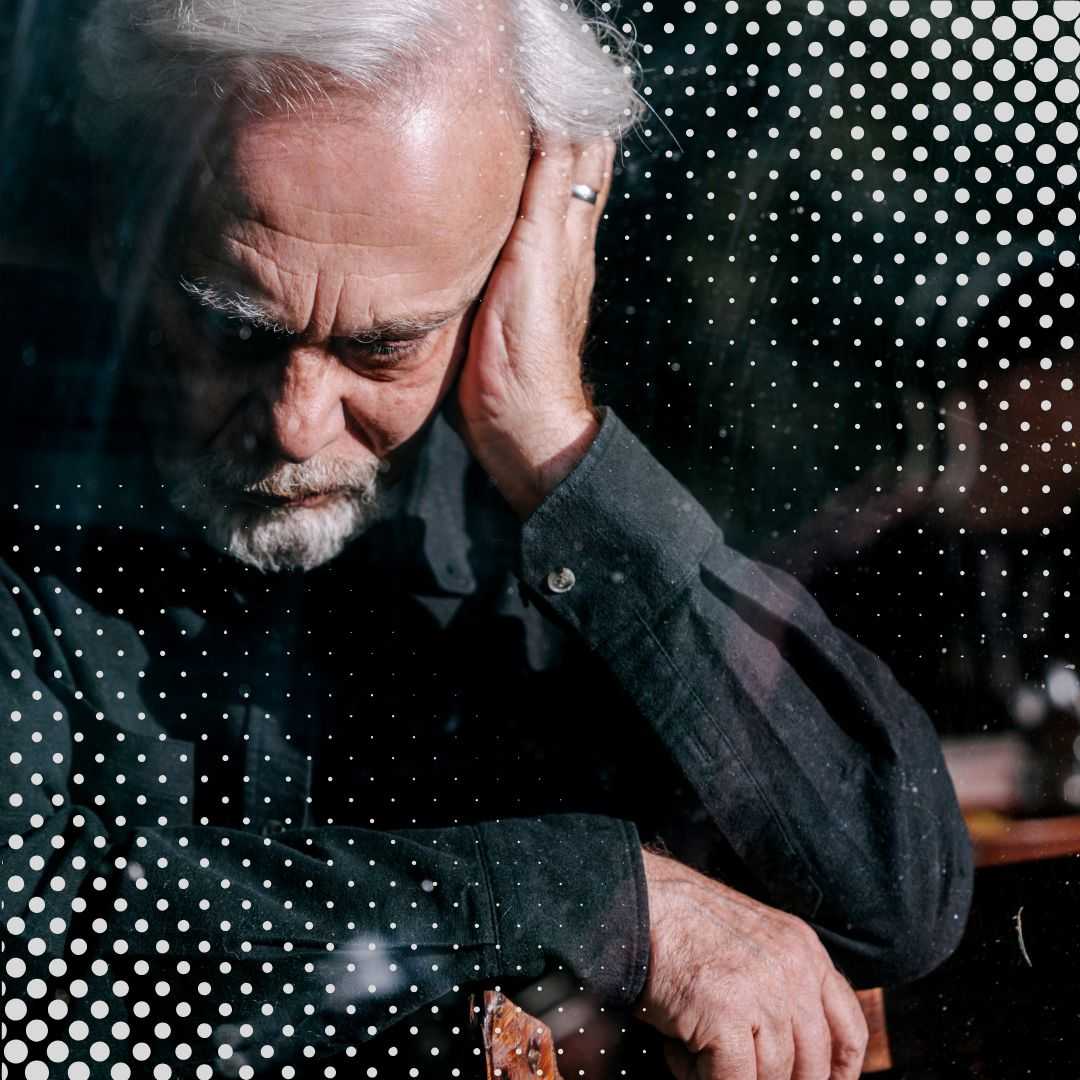
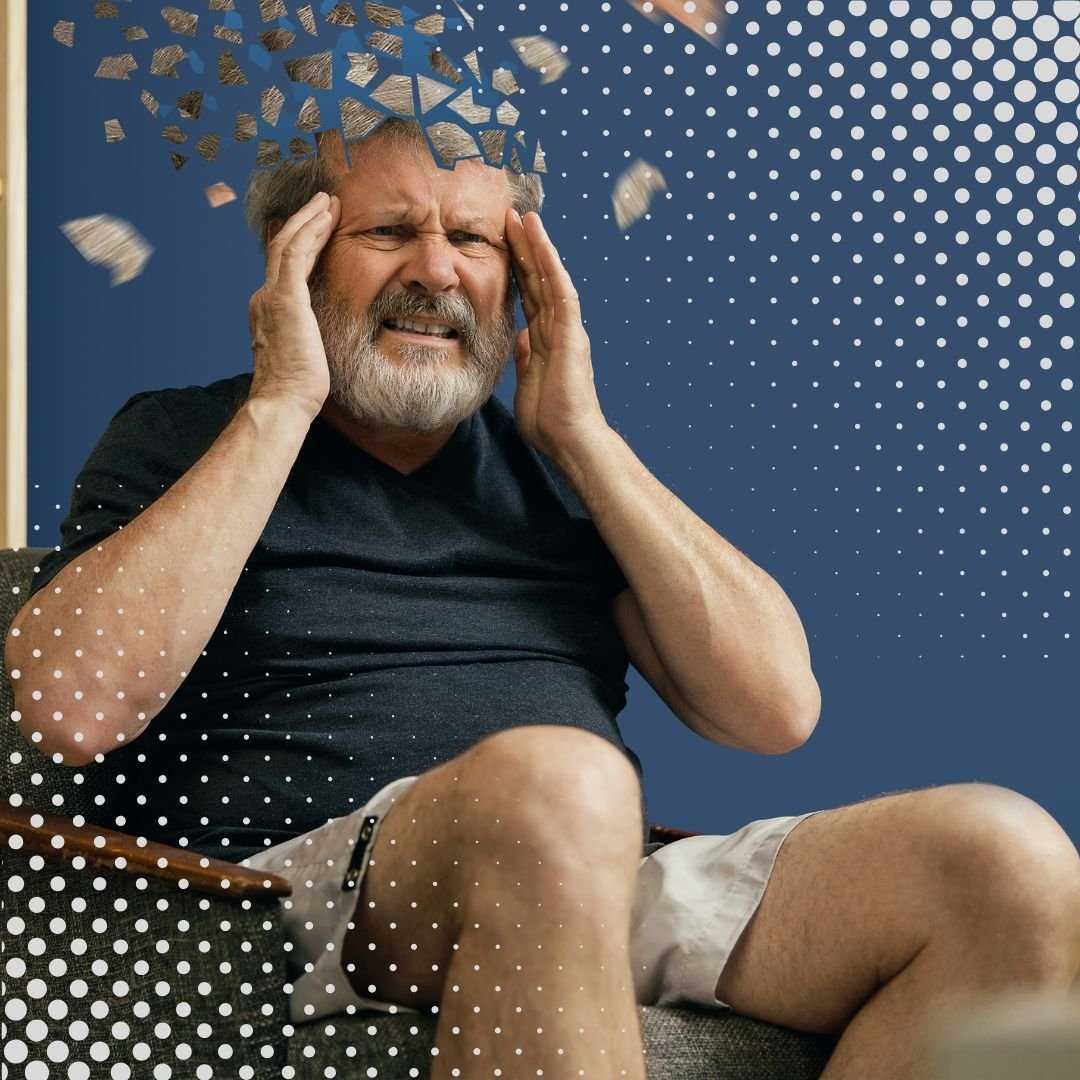
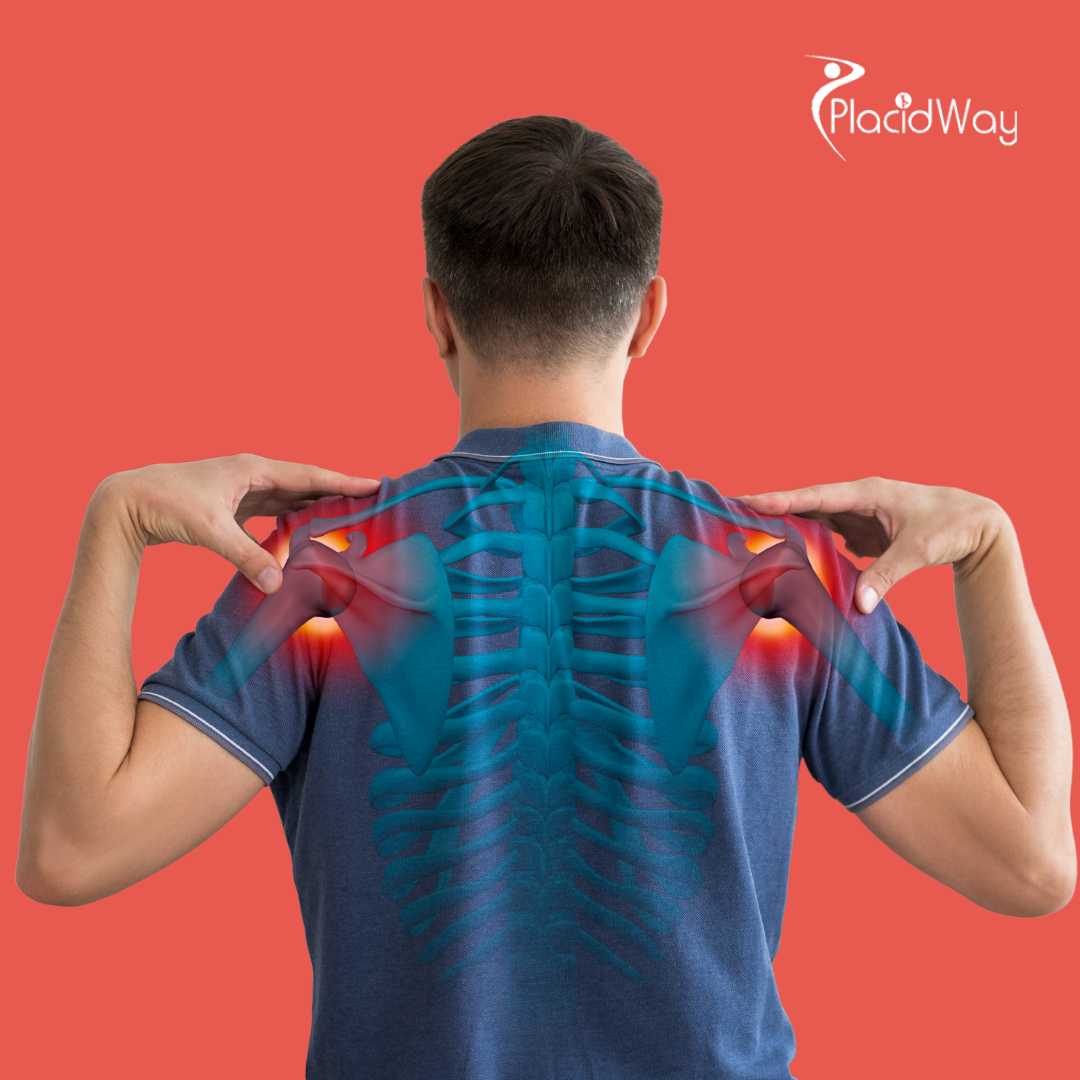
-(1).png)

.png)
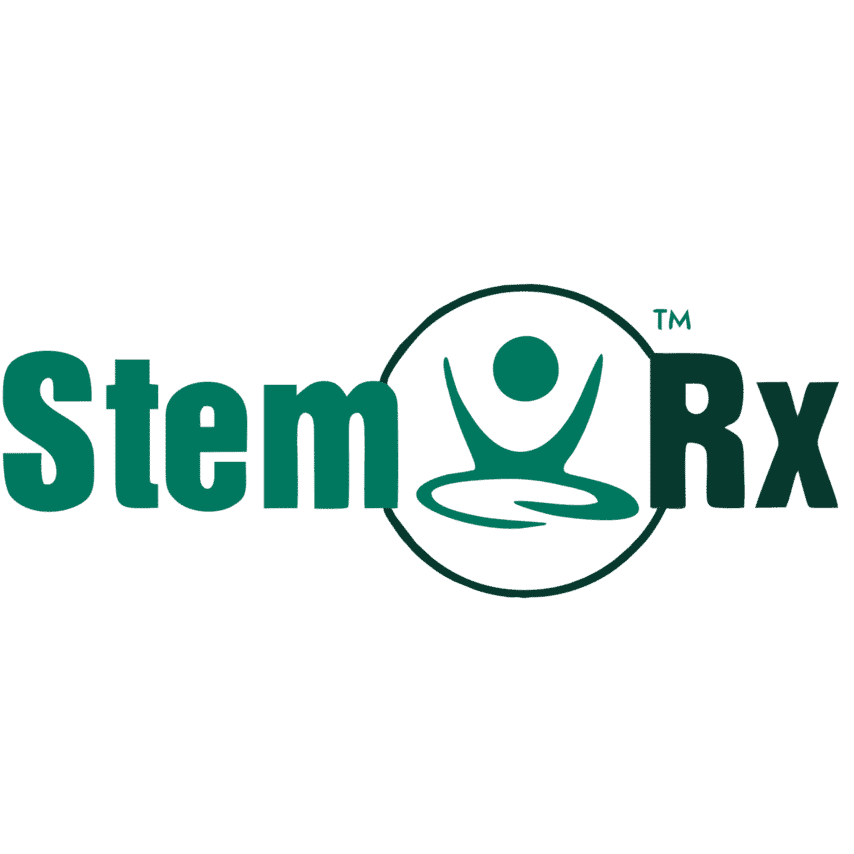
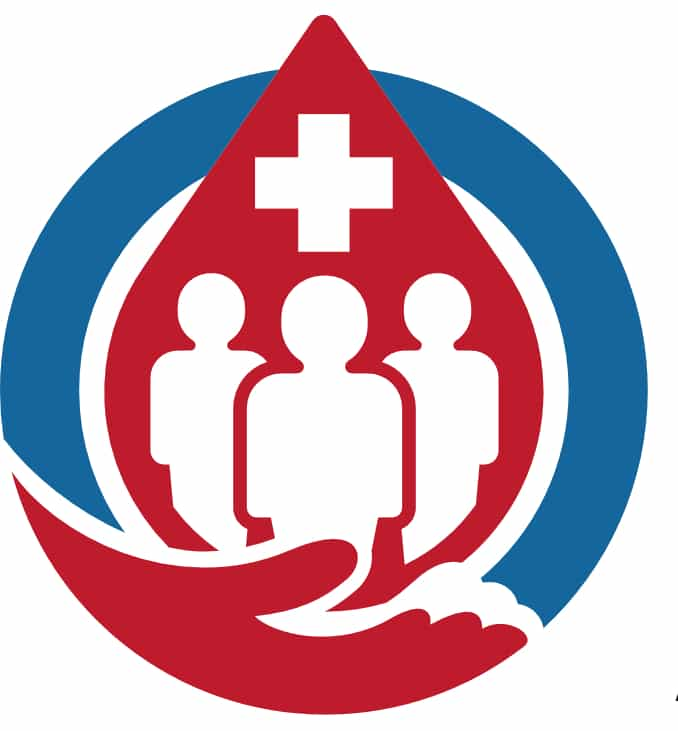
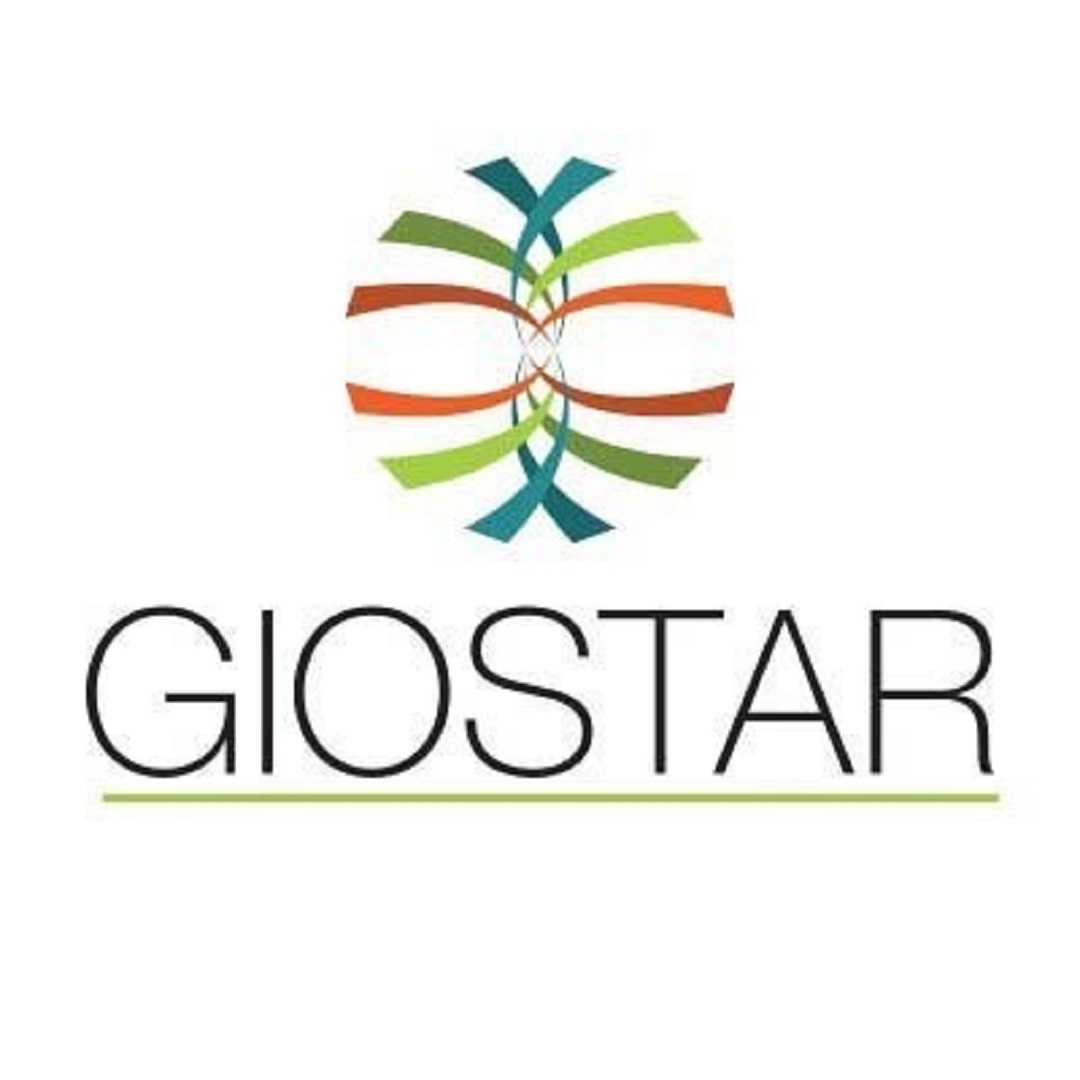
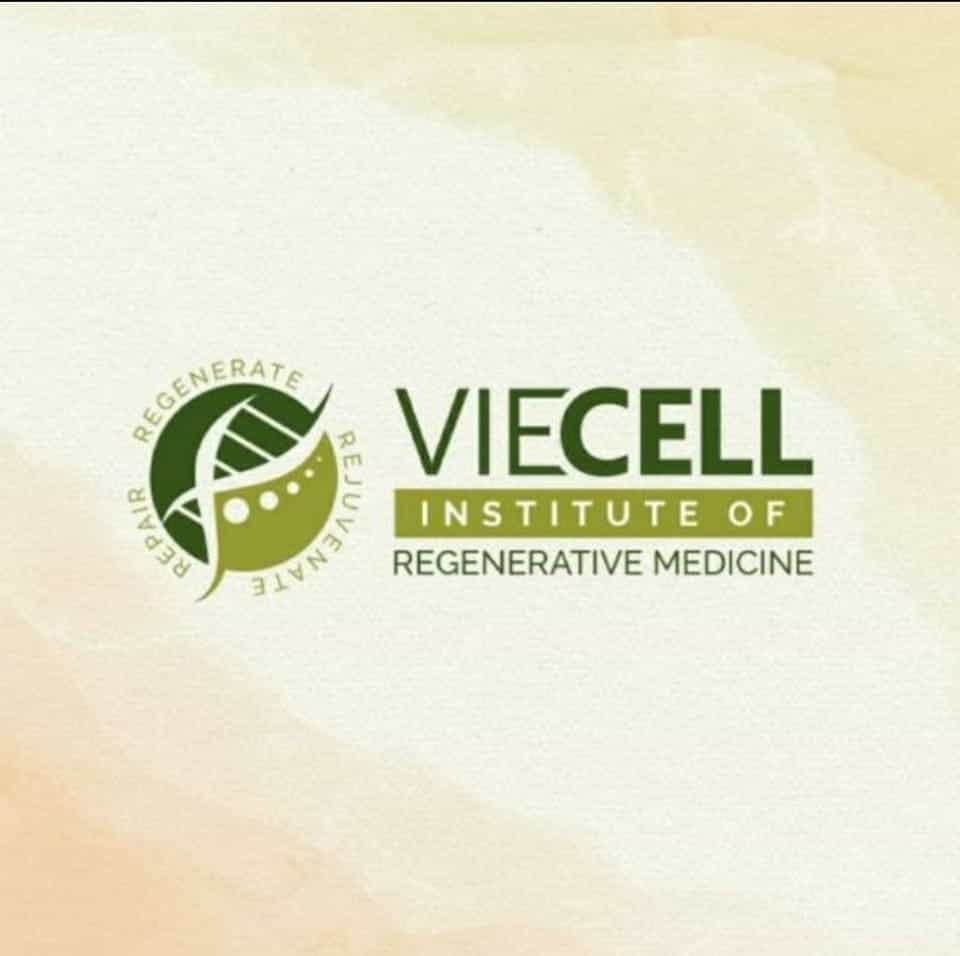
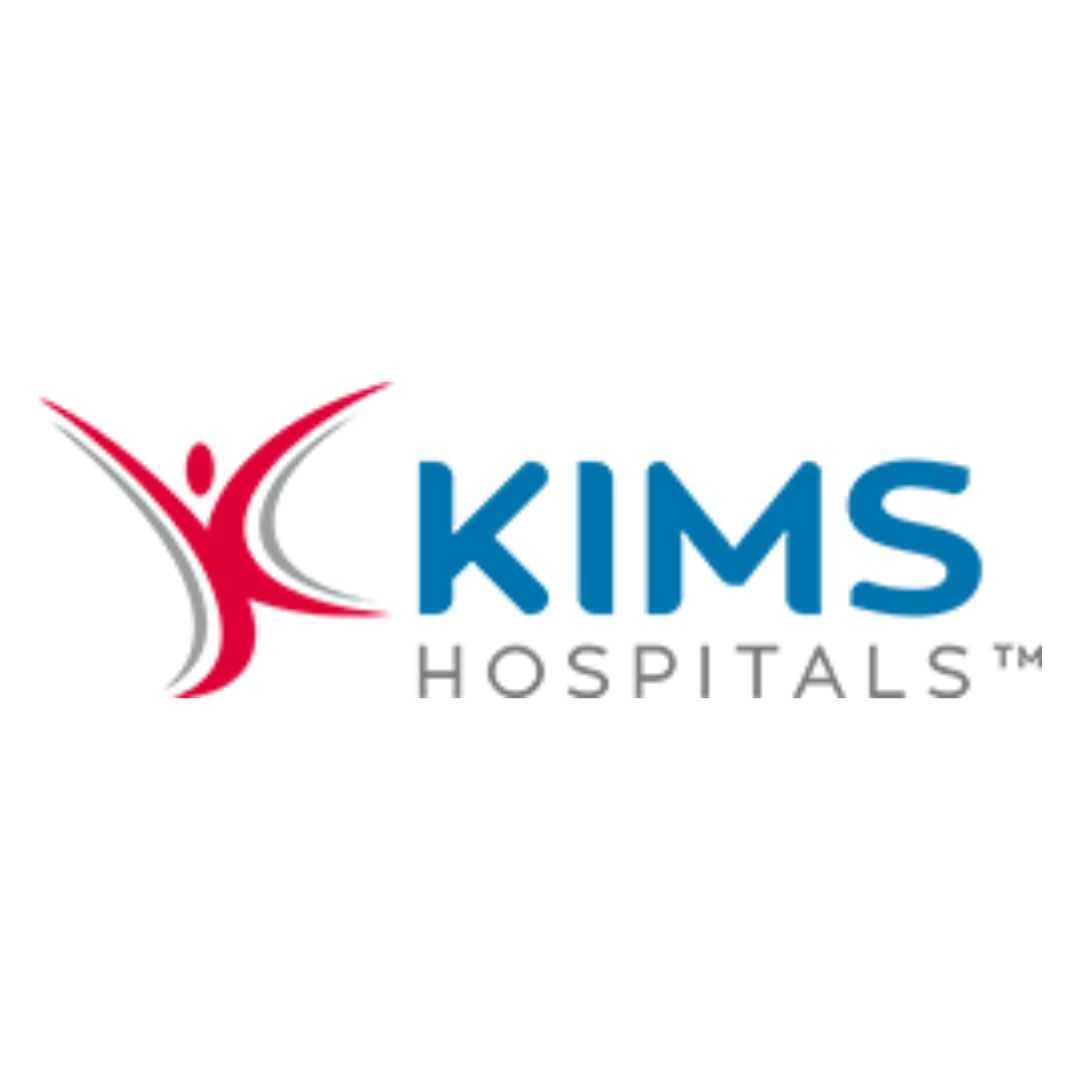

Share this listing